Six things to look out for in the first week of the Vuelta a España 2019
With so many important stages featuring so early on, it’s crucial the GC contenders begin the race at the very top of their game
Uphill finishes
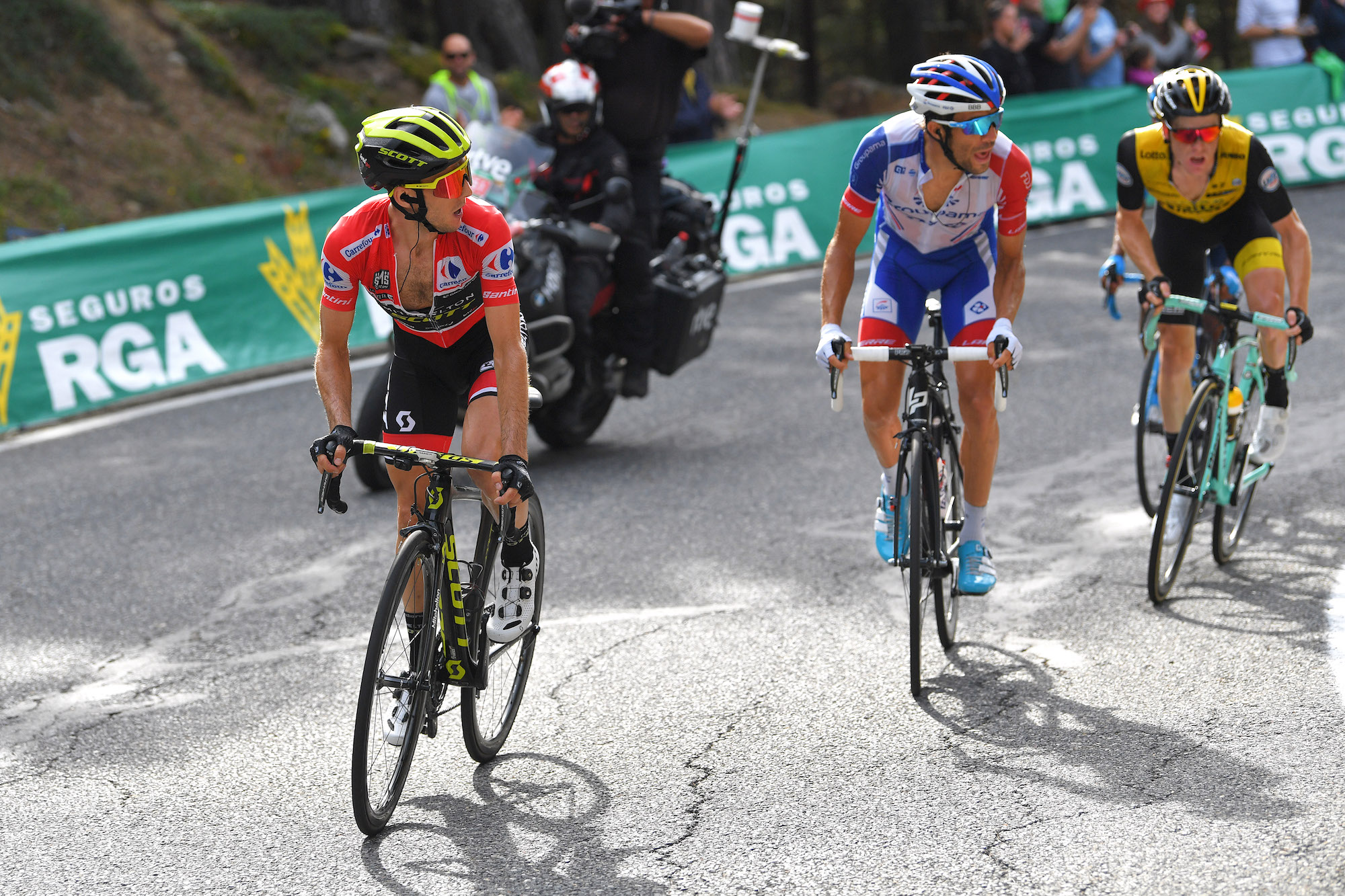
Although most of the first week of the 2019 Vuelta a España is confined to the eastern regions of the country, with the fearsome terrain of the Pyrenean mountains not featuring until deeper in the race, there is still plenty of serious climbing to contend with in these early stages.
In fact, half of the race’s eight summit finishes all feature within the first week, illustrating just how important it will be for the favourites to be on top of their game right from the off.
The first big sort out will occur on stage five’s Alto de Javalambre, an 11km finishing climb that starts out deceptively modest before ramping up to double digit gradients for its second half.
That’s followed by two more successive uphill finishes - a less severe category three climb on stage six that averages only 5% across its 8km, then the short but eye-wateringly steep Alto Mas de la Costa on stage seven, which will see the riders resorting to the smallest gears possible for its gradients that sometimes rise over 20%.
Although we will certainly get a clear picture of which riders are capable of challenging for the overall on these climbs, these stages aren’t full-on mountain stages and don’t feature much climbing before their summit finishes, which will limit the potential time differences between the favourites.
The exception is stage nine, when the race reaches Andorra for its first venture into the Pyrenees. With a total of five climbs squeezed into just 94km of racing, including the category one finishing climb to Cortals d’Encamp, this will be among the most intense, exciting and important day’s racing of the whole Vuelta.
Get The Leadout Newsletter
The latest race content, interviews, features, reviews and expert buying guides, direct to your inbox!
Primož Roglič and a very strong Jumbo-Visma line-up
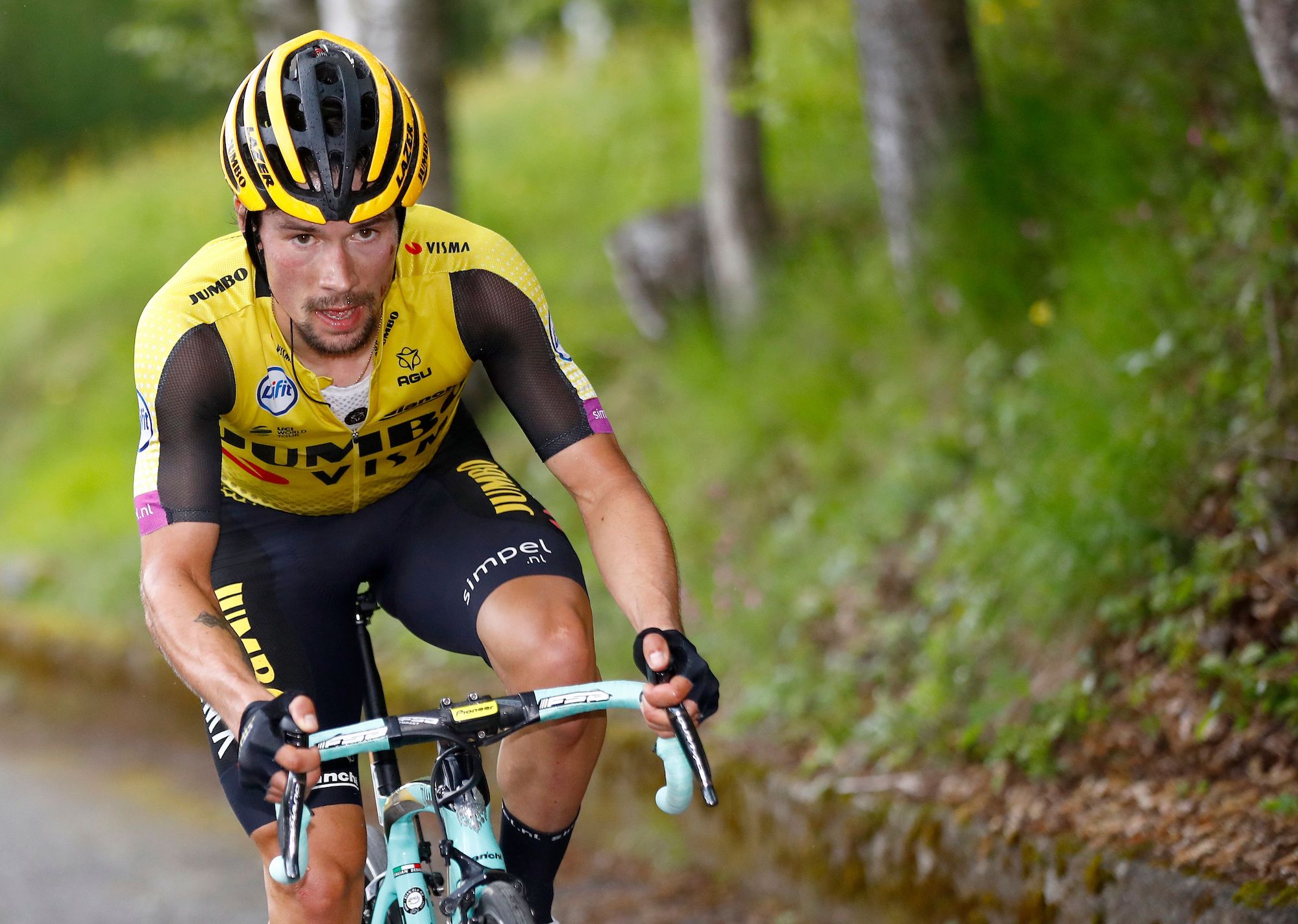
With so many important stages featuring so early on, it’s crucial the GC contenders begin the race at the very top of their game.
The bookie’s favourite, Primož Roglič (Jumbo-Visma), has a recent history of starting Grand Tours with a bang. At the Giro d'Italia earlier this year, he began and ended the first week with two storming wins in individual time trials, after which he held a significant advantage over all of his major GC rivals. Having barely raced since then, he will be hoping to arrive at the Vuelta fresh and in the same shape.
It’s easy to see why the bookmakers are backing Roglič. He may not have finished the Giro quite as strong as he started it, but he still managed to seal a very impressive third overall and looked virtually invincible in the early season stage races with overall victories at the UAE Tour, Tirreno-Adriatico and Tour de Romandie.
Also playing into Roglič’s favour is the strength of his team. Whereas the Slovenian was often left isolated at the Giro, that looks unlikely to happen here as Jumbo-Visma have assembled a mighty contingent of climbers to support him, including the experienced Robert Geink, George Bennett, and Tour de France podium finisher Steven Kruijswijk.
Movistar stick to multiple leaders approach
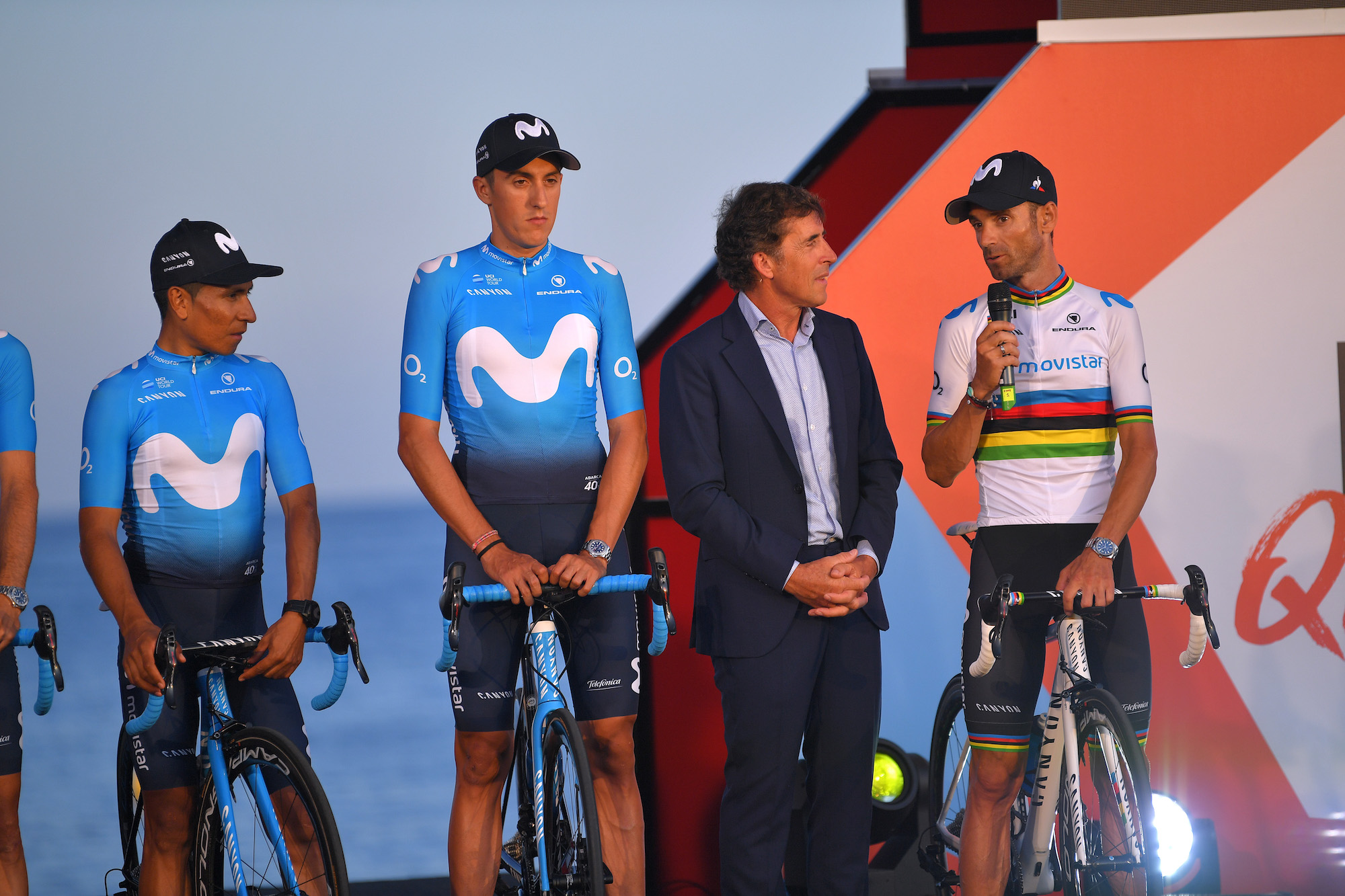
As the home nation’s strongest team, and with a roster boasting multiple major stars, the pressure will be on Movistar right from the off to dominate the race.
Once again the Spanish team will enter the race with multiple co-leaders, although not as many as originally planned - Alejandro Valverde and Nairo Quintana will both line-up but Richard Carapaz has been forced to miss the race following injuries sustained during a training ride crash.
The multiple leaders approach has led to mixed results this season - Carapaz and Mikel Landa combined brilliantly for the former’s overall victory at the Giro d’Italia, but Landa, Nairo Quintana and Alejandro Valverde failed to ride together coherently at the Tour de France.
On paper they have a seriously strong line-up, especially with super-domestique Marc Soler also able to provide support in the mountains. But will they work together? As Quintana is confirmed to be leaving at the end of the season, it’s easy to see him riding his own race, while the word is that world champion Valverde will be targeting stage wins for himself.
With so many conflicting interests, it’s easy to imagine Movistar again failing to work well as a team.
An opening team time trial
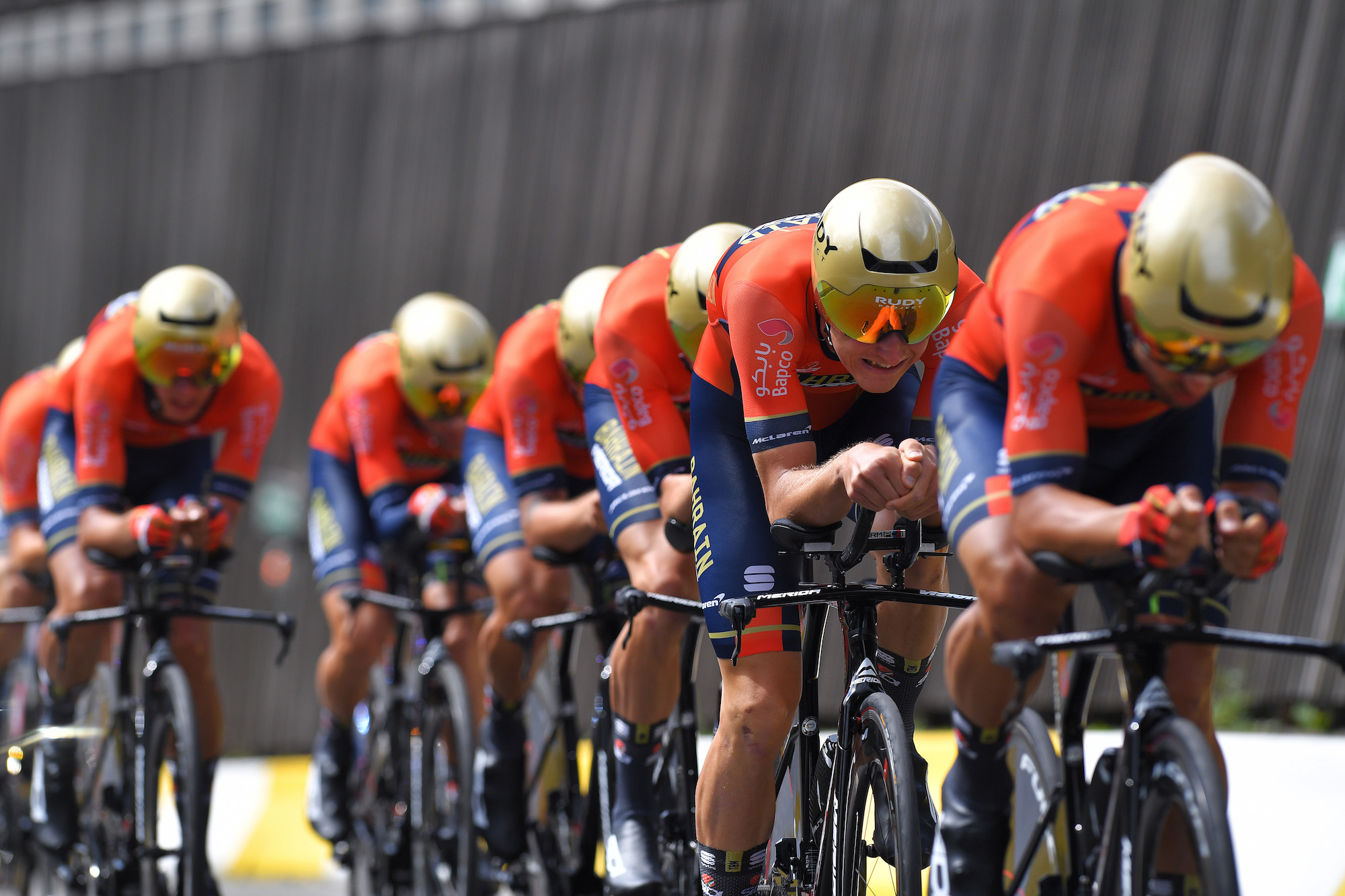
Kicking things off will be a team time trial for stage one, on a flat 13.4km route in Torrevieja that will favour rouleurs.
Although less than half the length of the equivalent stage at the Tour de France last month, teams will still be eager to give their leaders a good start with a strong time.
As well as the aforementioned Jumbo-Visma and Movistar, Astana look like the other strongest team in the race. Both last year’s podium finisher Miguel Ángel López and Liège-Bastogne-Liège winner Jakob Fuglsang are viable leaders who could push for overall victory, while the Izagirre brothers Jon and Gorka will provide excellent support in both the mountains and the team time trial.
Whereas those teams can all expect very strong times, other leaders in weaker teams will be anxious about losing ground. The likes of Wilco Kelderman, Rafal Majka (Bora-Hansgrohe) and Fabio Aru (UAE Emirates) need everything to go right if they’re to push for a podium finish, and could find themselves immediately on the back foot with poor displays from their respective teams.
Young GC hopefuls
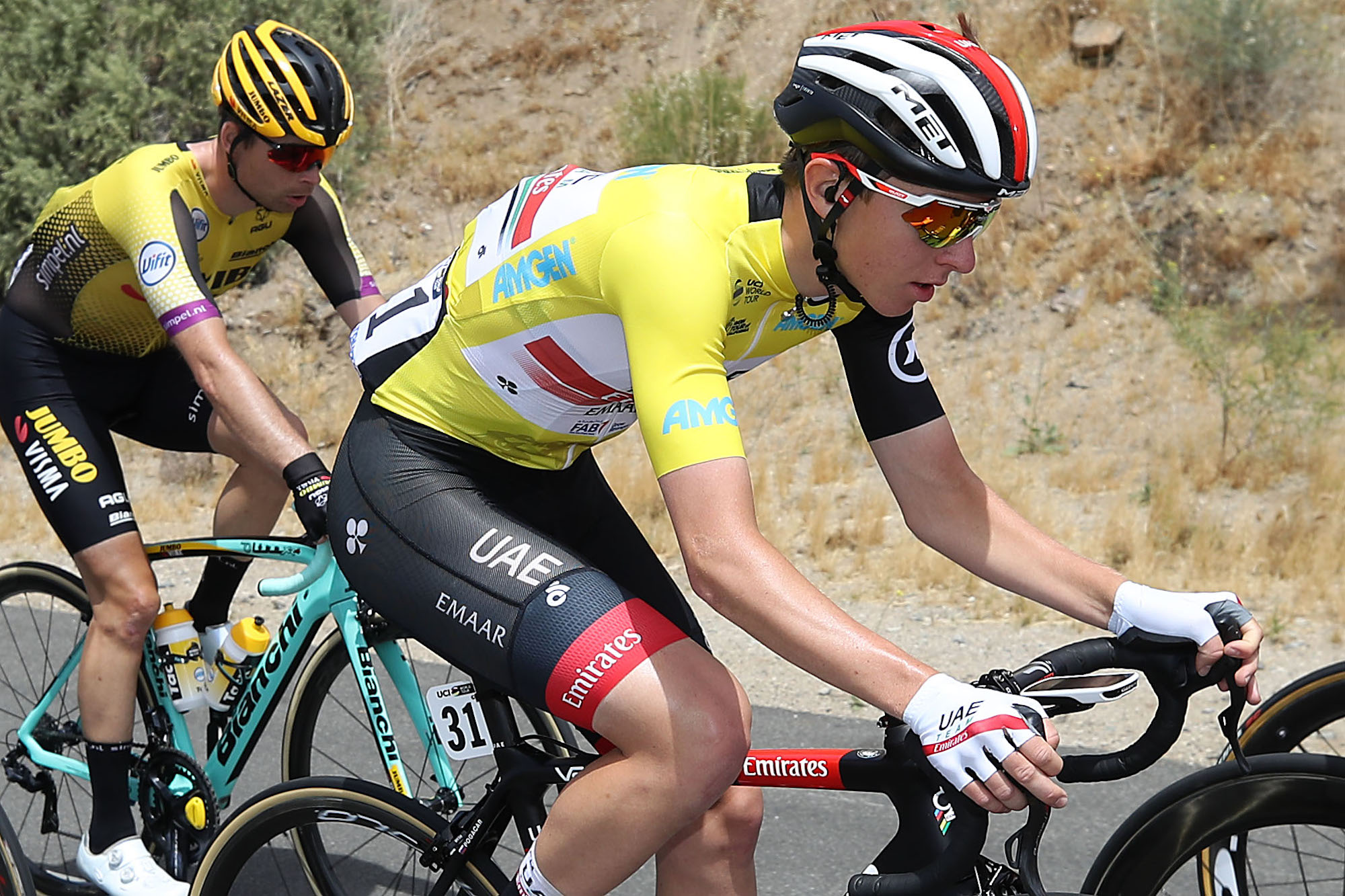
2019 has been a year of youthful breakthroughs in the peloton. 26-year old Richard Carapaz won the Giro d’Italia, 22-year old Egan Bernal (Ineos) became the youngest Tour de France champion in over a century, and the likes of Mathieu van der Poel (Corendon-Circus), Remco Evenpoel (Deceuninck-QuickStep) and Pavel Sivakov (Ineos) have astonished the cycling world with some of their performances throughout the season.
That trend could continue in the Vuelta, given the calibre of young talent set to line-up.
It will be fascinating to see how Tadej Pogaçar (UAE Emirates) performs. The Slovenian already looked the complete package when winning the overall at both the Tour of California and Volta ao Algarve earlier this season, and will be making his Grand Tour debut. A genuine GC bid would be asking an awful lot of a 20-year old, but Pogaçar does look like something special.
Also making his Grand Tour debut will be Sergio Higuita. The 22-year old was second behind Pogacar at the Tour of California and has since continued to impress with fourth overall at the Tour of Poland. Along with EF Education First teammate and compatriot Dani Martinez, he could use this Vuelta to confirm himself as the latest Colombian Grand Tour talent.
Finally, British fans can also get excited about a potential new GC contender in the form of Tao Geoghan Hart (Ineos). The 24-year old seemed poised to challenge for the top ten at the Giro earlier this year before crashes curtailed his progress, but has looked back to his best in the build-up to the Vuelta with fifth overall at the Tour of Poland.
Bunch sprints
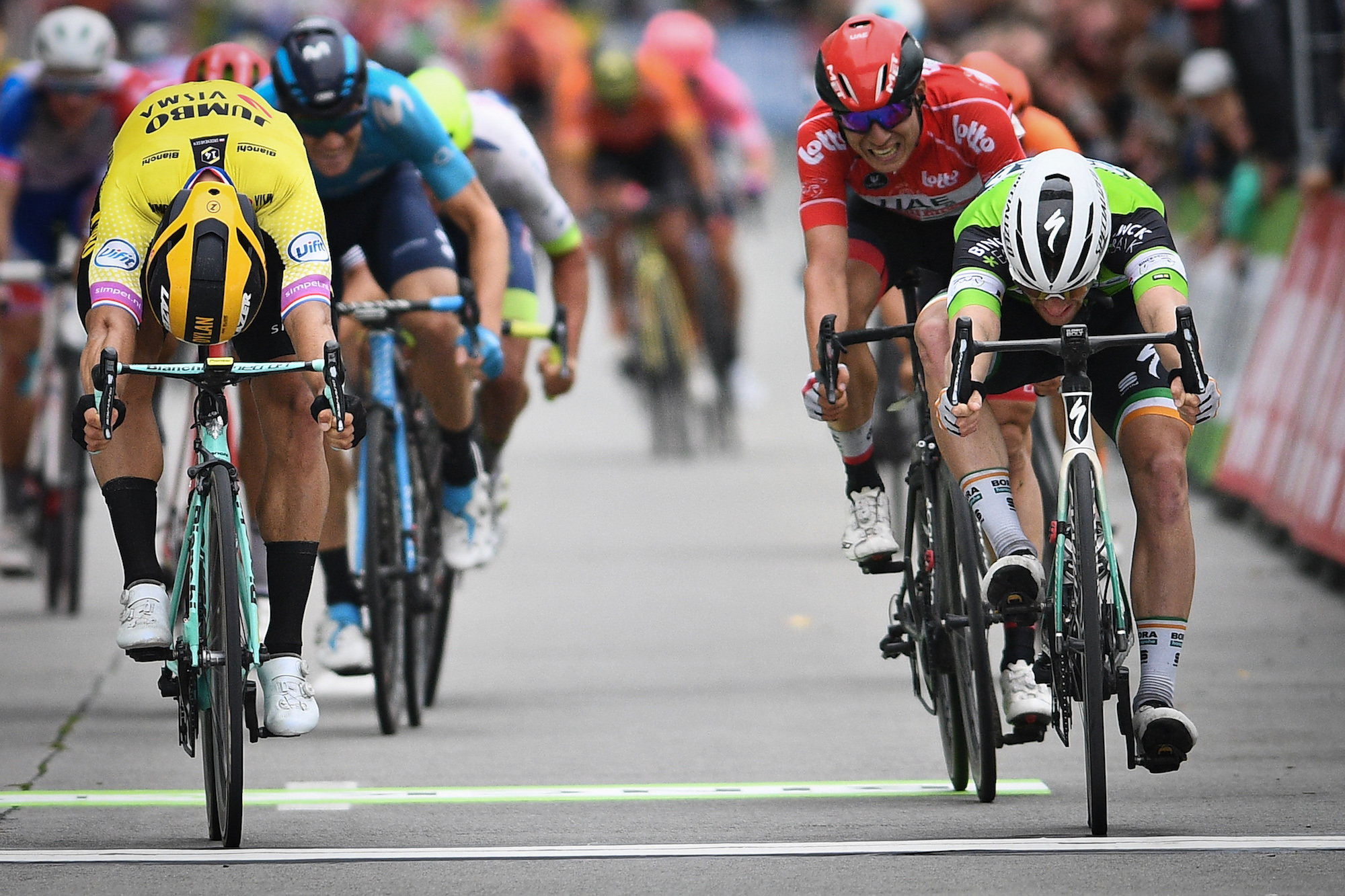
With its emphasis on steep climbs and uphill finishes, the Vuelta isn’t typically a happy hunting ground for sprinters. But the fast men will have a decent amount of opportunities to go for stage wins in this year’s edition - especially in the first week.
Although some rolling terrain could complicate matters there’s every chance that stages two and three will culminate in bunch finishes, while stage four is almost pan flat. Things then shift towards the GC men, but stage eight could provide another bunch sprint for the week.
One sprinter desperate to make the most of these opportunities will be Sam Bennett. Having been overlooked by his Bora-Hansgrohe team in favour Peter Sagan and Pascal Ackermann, this will be his first Grand Tour since the breakthrough 2018 Giro d’Italia where he claimed a haul of three stage wins.
Bennett goes into the Vuelta as the on-form sprinter following three stage wins at the BinckBank Tour, but will face stiff competition in the form of Fernando Gaviria (UAE Emirates) and Fabio Jakobsen (Deceuninck - Quick-Step), the latter of whom will be making his Grand Tour debut.

Thank you for reading 20 articles this month* Join now for unlimited access
Enjoy your first month for just £1 / $1 / €1
*Read 5 free articles per month without a subscription

Join now for unlimited access
Try first month for just £1 / $1 / €1
Stephen Puddicombe is a freelance journalist for Cycling Weekly, who regularly contributes to our World Tour racing coverage with race reports, news stories, interviews and features. Outside of cycling, he also enjoys writing about film and TV - but you won't find much of that content embedded into his CW articles.
-
 FDJ-Suez, SD Worx-Protime, Lidl-Trek confirmed for Tour of Britain Women as strong list of teams announced
FDJ-Suez, SD Worx-Protime, Lidl-Trek confirmed for Tour of Britain Women as strong list of teams announced18 teams set to take part in four-day WorldTour stage race
By Tom Thewlis
-
 Cyclists could face life sentences for killing pedestrians if new law passed in England and Wales
Cyclists could face life sentences for killing pedestrians if new law passed in England and WalesReckless cycling currently carries a maximum two-year jail term
By Tom Thewlis